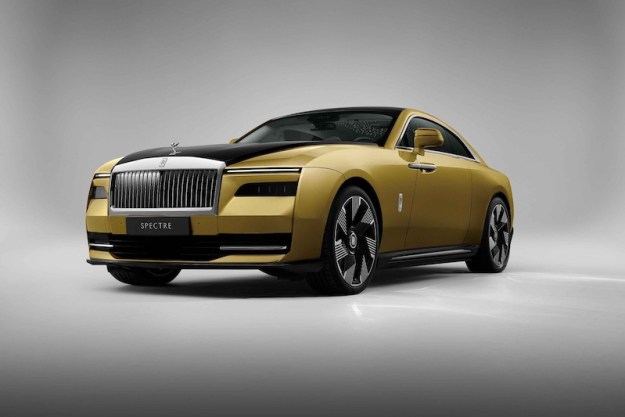
The U.S. Environmental Protection Agency (EPA) may ask Volkswagen to build more electric cars as penance for its diesel deception, according to a report by German newspaper Welt am Sonntag translated by Reuters. Without citing a source, the paper claims that building electric cars at VW’s plant in Chatttanooga, Tennessee, and helping to expand the public network of charging stations were discussed in recent talks between the carmaker and the EPA.
Forcing Volkswagen to build more electric cars has been discussed numerous times since news of the company’s emissions cheating broke in September. In December, 45 environmental leaders and Silicon Valley executives, including Tesla Motors CEO Elon Musk, published a letter addressed to Mary Nichols, head of the California Air Resources Board (CARB). It asked that regulators let VW off the hook as far as recalls and financial penalties, and force it to build electric cars instead.
Making Volkswagen build more electric cars has a ring of poetic justice to it, and must certainly seem like a good idea from the perspective of an electric-car booster. But not everyone is convinced that this is a good idea. Representatives from 15 environmental groups subsequently wrote a rebuttal to the Silicon Valley letter, arguing that addressing the environmental impact of VW diesel emissions is more important than securing a promise for more electric cars. Not recalling the diesels risks too much additional air pollution, the groups argued.
It’s also worth noting that Volkswagen is independently moving toward greater electric-car production, although perhaps not at the speed that might be required under an EPA mandate. In the wake of the scandal, VW announced a new dedicated electric-car platform called MEB, designed for compact cars. It also confirmed plans to build an electric version of its Phaeton luxury sedan, and green lighted the Porsche Mission E sedan. They’ll join an all-electric Audi SUV in the next few years.
VW is still meeting with the EPA and CARB to settle on a fix for the nearly 600,000 diesel cars involved in the scandal. Regulators have already rejected one proposal for the 482,000 cars equipped with 2.0-liter four-cylinder engines, while a separate proposal for 85,000 cars with 3.0-liter V6 engines is still being deliberated.
Editors' Recommendations
- The Lucid Gravity has more range than any other electric SUV
- The cheapest electric cars you can buy
- Pros and cons of buying a used electric car
- VW previews its next electric car in trippy camouflaged form
- How to charge your electric car at home


